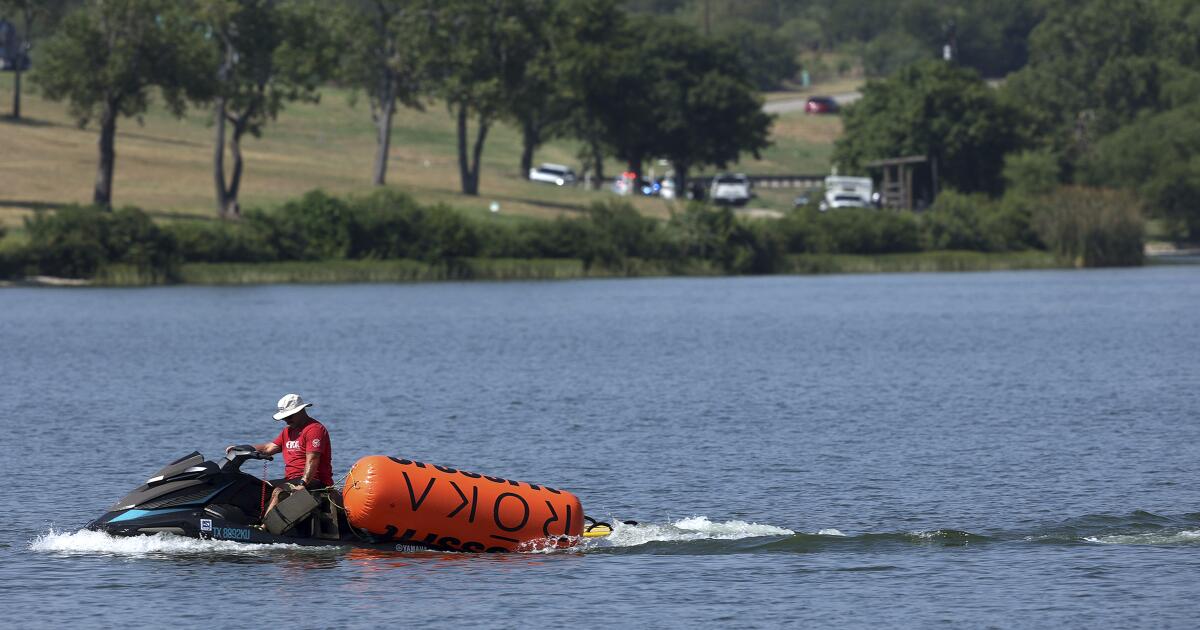THE HAGUE (Reuters) – Ukraine’s top prosecutor said on Tuesday that Russian crimes across occupied Ukrainian territories, including the Bucha massacres, show a pattern of genocidal behaviour that should be tried domestically and ultimately by the International Criminal Court.
Prosecutor General Andriy Kostin made the remarks during an interview with Reuters two years after the mass killing of civilians in the town of Bucha, shortly after Moscow began its full-scale invasion on Feb. 24, 2022.
More than 125,000 alleged war crimes by Russian forces have been recorded by Kostin’s office, thousands of them in Bucha.
Russia denies its troops have committed war crimes in Ukraine and said that some events, such as the alleged execution of Ukrainian civilians in Bucha, were staged. Moscow rejects the ICC’s four warrants for top Russian suspects as meaningless.
Russia says Ukraine has committed war crimes during the conflict, which Moscow dates from 2014, including the indiscriminate shelling of areas of eastern Ukraine.
Prosecutors in Ukraine have tried and convicted 25 Russians for war crimes in the Kyiv region, Kostin said.
“We are convinced that these are not isolated incidents, and from our point of view, many of them bear hallmarks of genocide,” he said.
Kostin said investigations have strengthened the international case for genocide, with the arrest warrants at the ICC already underpinning war crimes and more widespread crimes against humanity.
The ICC issued an arrest warrant for Russian President Vladimir Putin for the alleged war crime of the deportation of Ukrainian children to Russia in 2023. This March, it issued arrest warrants for alleged crimes against humanity against Russian commanders for strikes against civilian infrastructure.
Two men have been convicted by Ukrainian courts for inciting genocide, one for spreading anti-Ukrainian propaganda, including calling for the drowning of Ukrainian children, but not for an overall plan of genocide by the leadership being investigated by Kostin.
In both liberated and occupied areas “we see the elements of genocide in many crimes committed, and we see them as a pattern of conduct of Russia,” Kostin said on the sidelines of a justice conference in The Hague.
“We have the same type of crimes committed, the same torture chambers, the same killing, torturing, sexual violence, ill-treatment, forced illegal detention, forced deportation, looting. ..And all these crimes were committed by different military units, and throughout all this period of time,” he said.
Taken together, there is now a wider body of evidence to support a prosecution of genocide, Kostin said, which should go up the chain of command to Russia’s military and political leadership and be prosecuted in Ukraine and The Hague.
“We can do both, and we will do both with regard to each and every crime.”
The crimes were repeated after Bucha, even once those events were widely covered by the media, making it impossible for Russian leaders to later claim they were unaware they were ongoing, Kostin said.
“We are working on building the big case of genocide,” for the sake of victims and survivors, he said.
“For Ukrainians, it would be very important to see a verdict on genocide in international courts, but this requires long preparatory work and very substantial investigation.”
(Reporting by Anthony Deutsch; Editing by Angus MacSwan)
